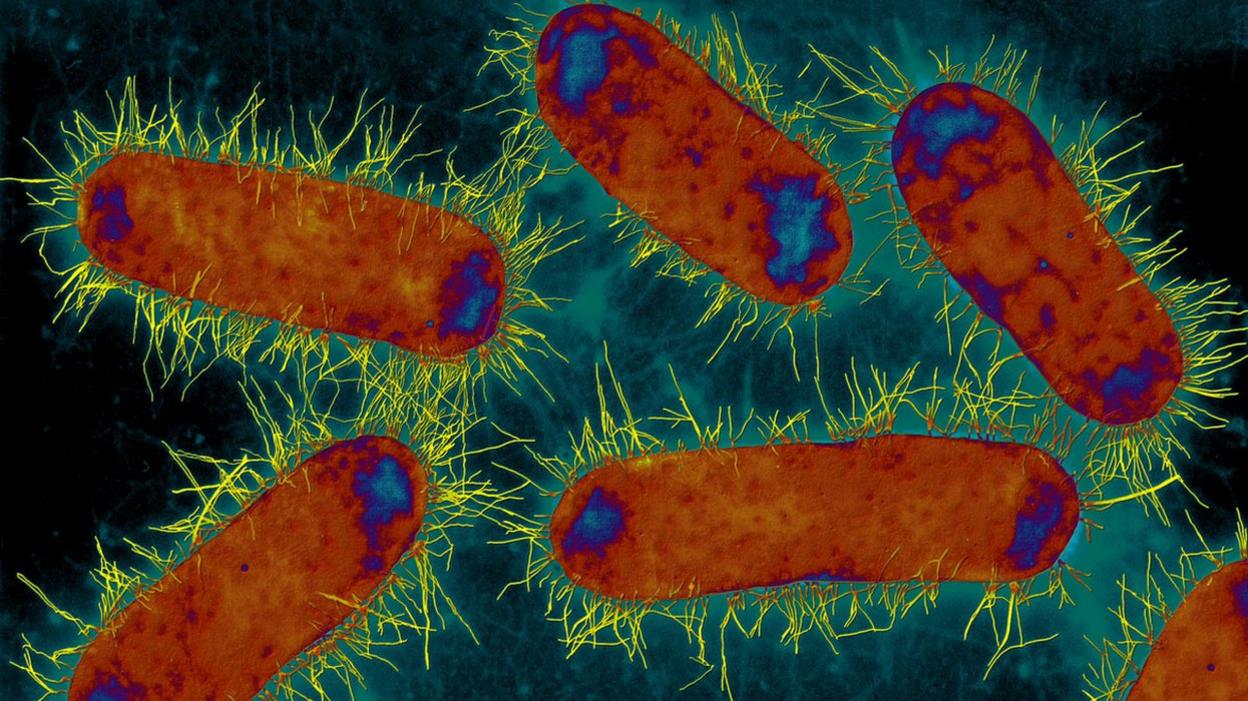E. coli in Norfolk and Suffolk rivers 'shocking' say campaigners
- Published
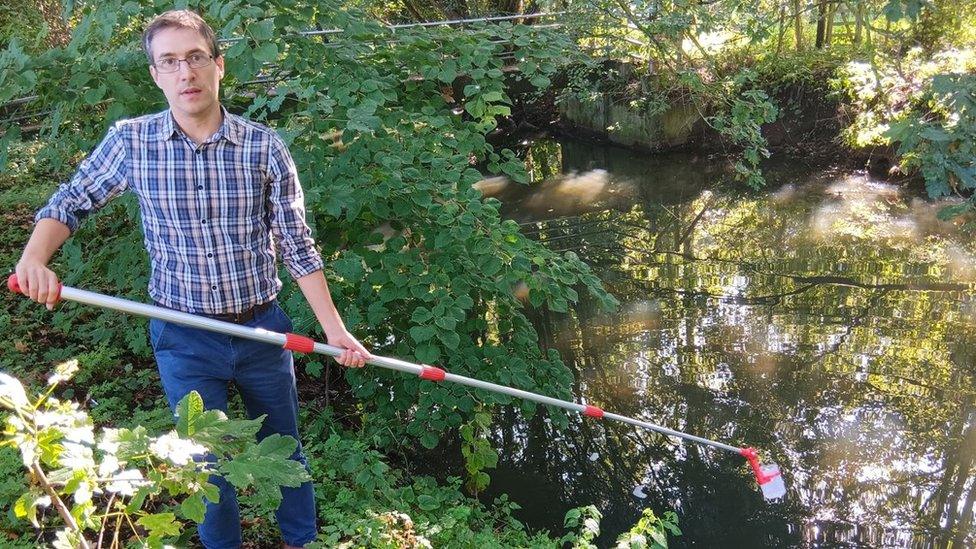
Adrian Ramsay, Green Party co-leader
Pollution levels in two rivers in Norfolk and Suffolk are unsafe for swimmers, environmentalists have said.
Levels of the bacteria E. coli were many times above the safe limit at Diss and Bungay on the River Waveney and at the Blyth in Halesworth, the Green Party said.
After testing water, the results were "shocking", the party and volunteer conservationists added.
The BBC has asked Anglian Water to comment on the findings.
Local volunteers and Adrian Ramsay, the Green Party co-leader and MP candidate for the new Waveney Valley constituency, tested water at several sites along the rivers.
In the Blyth at Halesworth, in Suffolk, at the outfall for a sewage treatment plant, the level of E. Coli was 55 times the recommended safe level for swimming, they said.
Samples taken upstream and downstream of the sewage treatment plant outfall were 15 and 27 times the safe limit respectively.
At Diss, in Norfolk, samples from the River Waveney were 20 times, 13 times and four times over the limit at the three points sampled close to storm overflow and sewage treatment outlets.
Meanwhile at Bungay in Suffolk two samples from the same river, taken at Beccles Road Bridge and upstream of the sewage treatment plant, were found to be seven and three times the limit.
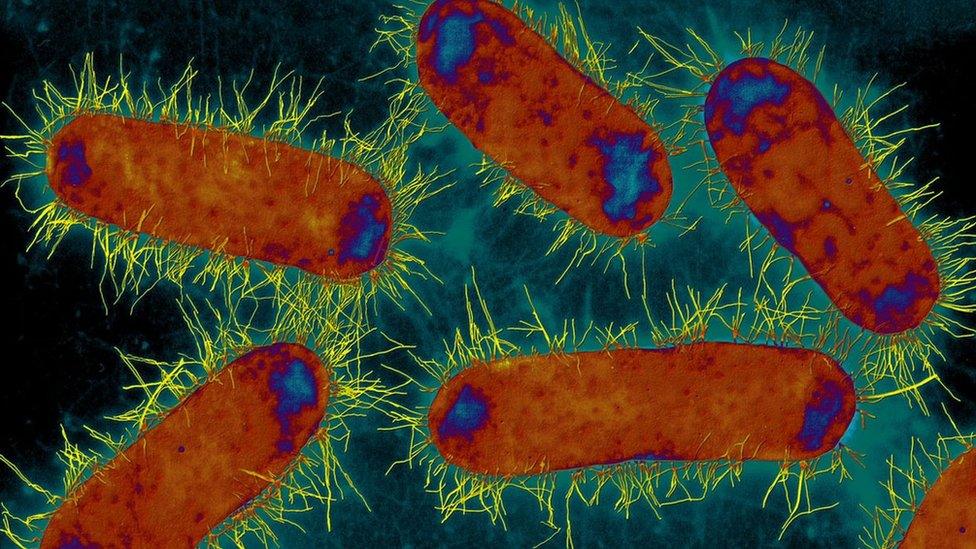
A coloured scanning electron micrograph of E. coli bacteria
Mr Ramsay said: "It's shocking that there appears to be a continuous feed of E. coli coming from some of the sewage treatment plants.
"We already know we are getting pollution from storm overflow drains but these samples show Anglian Water's sewage treatment plants themselves are not removing dangerous bacteria.
"We urgently need the government to get tough on Anglian Water and give the regulators the resources they need."
Eamonn O'Nolan, of the Woodbridge Climate Action Group, said: "It is obvious from this that Anglian Water's sewage treatment plants are doing nothing to remove E. coli, which is known to be harmful to humans and derives from human waste.
"The storm overflow outlets in Diss appear to be dribbling in a trickle of E Coli even when it's not raining."
A spokesperson for the Department for Environment, Food and Rural Affairs (Defra), said it was "unequivocal that sewage pollution is unacceptable" and it was investing in "stronger regulation, and tougher enforcement".
"We have introduced unlimited penalties and given our regulators new powers on bonuses and dividends. We have also set stretching targets for water companies to reduce storm overflows," they added.
Escherichia coli (E. coli) bacteria is found in the intestines of humans and animals. There are many different types, and while some are harmless, others can cause a variety of diseases.
E. coli infections can be serious and often cause severe diarrhoea, sometimes with blood in it, abdominal cramps and fever.

Follow East of England news on Facebook, external, Instagram, external and X, external. Got a story? Email eastofenglandnews@bbc.co.uk, external or WhatsApp 0800 169 1830
Related topics
- Published23 September 2023
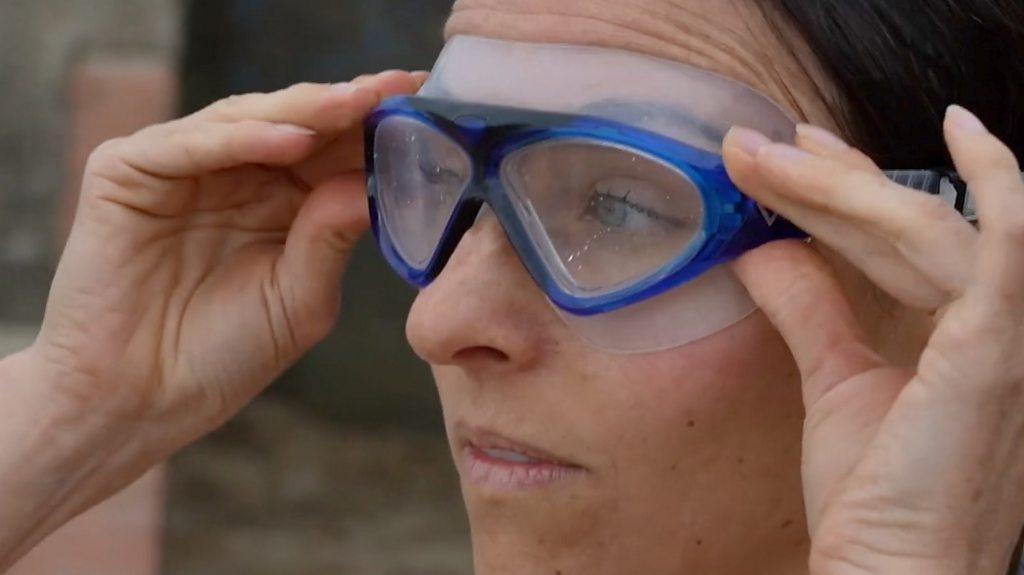
- Published10 August 2023
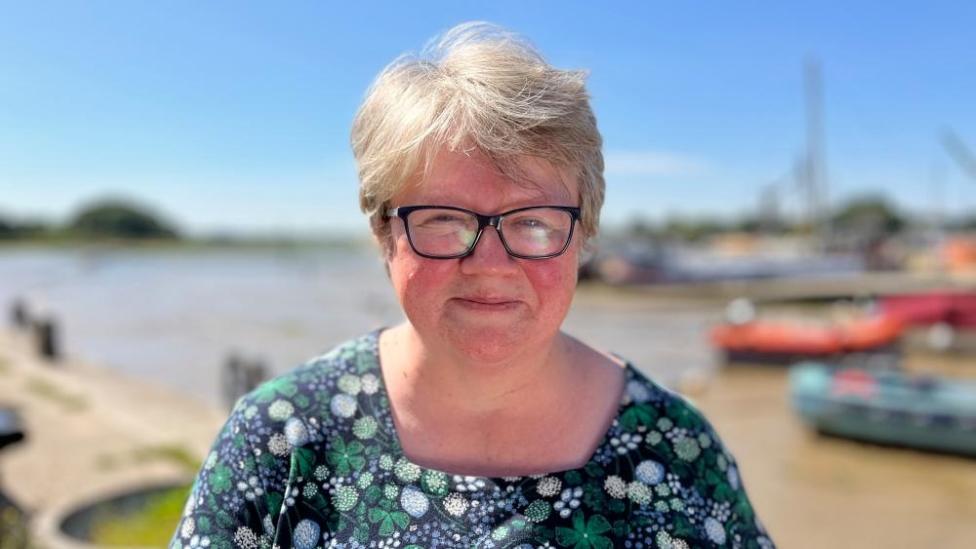
- Published27 March 2023
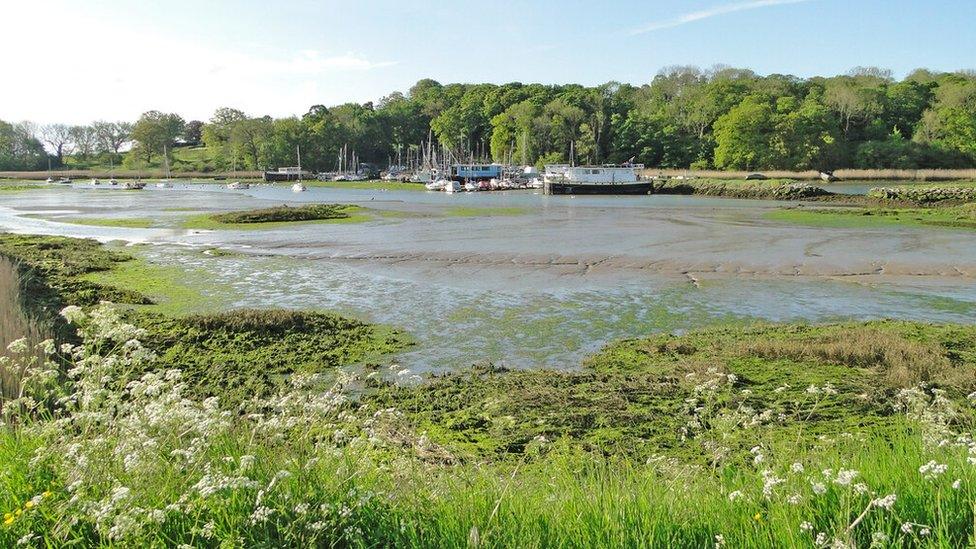
- Published9 April 2022
